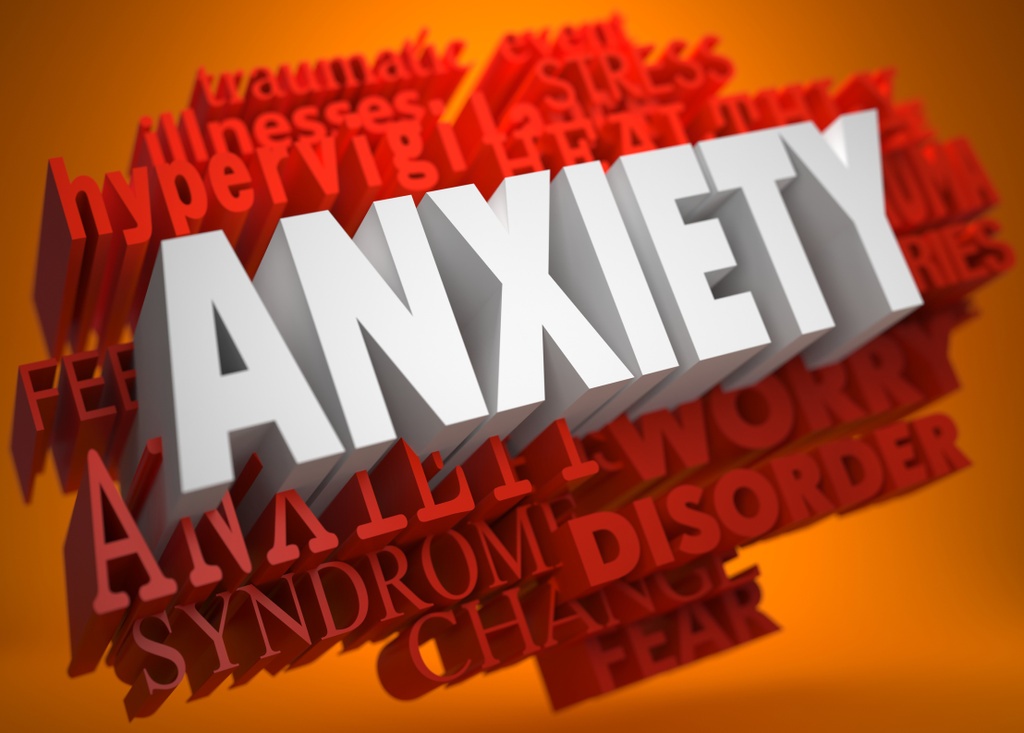While terms like anxiety, addiction, stress, and depression are frequently used in conversations about mental health, they have distinct meanings. But usually, some people have an understanding of how different they are. Each of them has distinct symptoms as well as causes, and therapies. If an individual wants to properly manage and treat them, it is necessary to understand how they differ from one another.
Depression and Anxiety
For the most part, depression and anxiety may appear to be quite different from one another. Whereas anxiety is primarily characterized by intense sensations of concern, anxiety, and fear, depression is usually characterized by a persistently gloomy mood.Depressive symptoms, which are common in mental health disorders, include a continuing feeling of sadness, aberrant eating behavior, and disturbed sleeping patterns.
There are several kinds of depression and most of them are treatable. Usually talk therapy and changing a few trigger points can help with depression but it depends on the individual who is suffering most.
Although they are different, when you start to learn about them in deeper layers, these illnesses indeed have a few important symptoms in common. For example, if we talk about anxiety frequently, it results in irritability; some people who are depressed may experience irritability rather than sadness. You might not always be clear about the actual meaning of your symptoms because these illnesses can present differently for each individual.
Stress and Anxiety
Anxiety and stress have a narrow border. While stress is usually the result of an external event, Both are emotional reactions. Feelings of worry, nervousness, and unease are called anxiety, and they usually surface when you have an event coming up that you’re not sure about.
For for instance, you might have to give a speech and be unsure about how well you’ll do, or you might have an exam and be concerned about how well you’ll do. These types of anxiety attacks are common. We all have the instinct that any major change is about to happen.
The trigger may result in being unable to work, experiencing prejudice, and creating stress. Individuals who are under stress may exhibit both physical and emotional symptoms, including weariness, irritability, rage, muscle soreness, digestive issues, and trouble falling asleep.
Similar coping strategies work well for both light stress and little anxiety. While you can start with healthy eating, regular exercise, and proper sleep hygiene, that is not all. There areadditional coping strategies that can be used for recovery.
One effective approach is incorporating the best supplements for stress and anxiety into your routine, which can help manage and reduce the effects of stress and anxiety easily.
Addiction
Sometimes, because of some tragedy or negative events, an individual also starts to engage inaddiction, and trust me, addiction is linked with anxiety disorders, depression, and stress.
People usually treat alcohol or drugs as an escape route and get addicted to them badly. If you are drinking in moderation, that can also turn into an addiction someday. So if that’s the condition with you or someone you know, do try luxury rehab California. Rehabs can change your life from addiction to recovery with an easy and safe plan. Don’t make it worse by coping automatically with this condition. It’s essential to get professional help when it’s needed.
Assessing if you have an anxiety or depression condition is something a professional can help with. Anxiety disorders are distinct from transient anxiety symptoms in terms of intensity and duration. Anxiety usually lasts for months and has a detrimental impact on mood and daily functioning.
Conclusion
Even though stress, anxiety, and depression can be challenging to manage, there are numerous efficient treatments accessible. It’s a good idea to get support if you’re experiencing stress, anxiety, or despair. You can also engage in crucial aspects of managing stress, anxiety, and depression by taking care of your general health and well-being. This could involve takingcare of your health, getting proper rest, and scheduling personal time. Just do not lose hope when you are struggling.
Doing what you like and connecting with others can be great ways as well. This could include spending time with friends and family, joining a support group, or calling a helpline to talk about What’s going on? Mental health issues can be challenging but it becomes easy when you choose patience and courage to fight with them.


